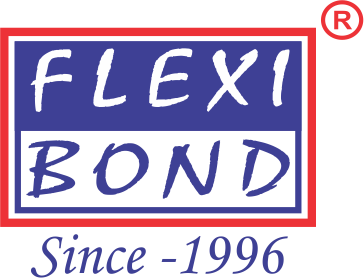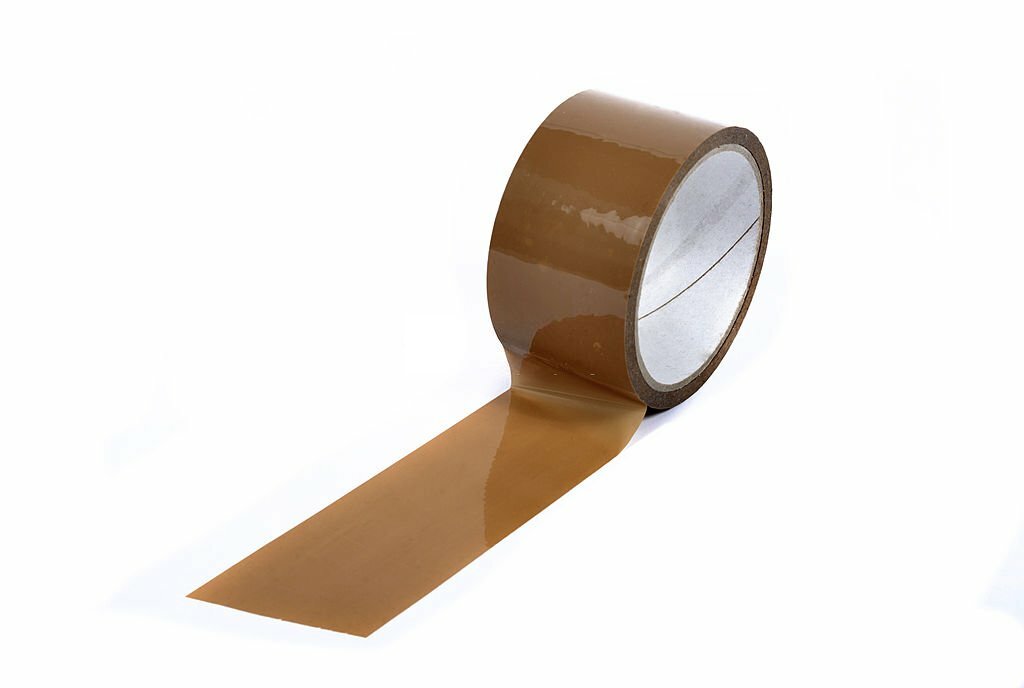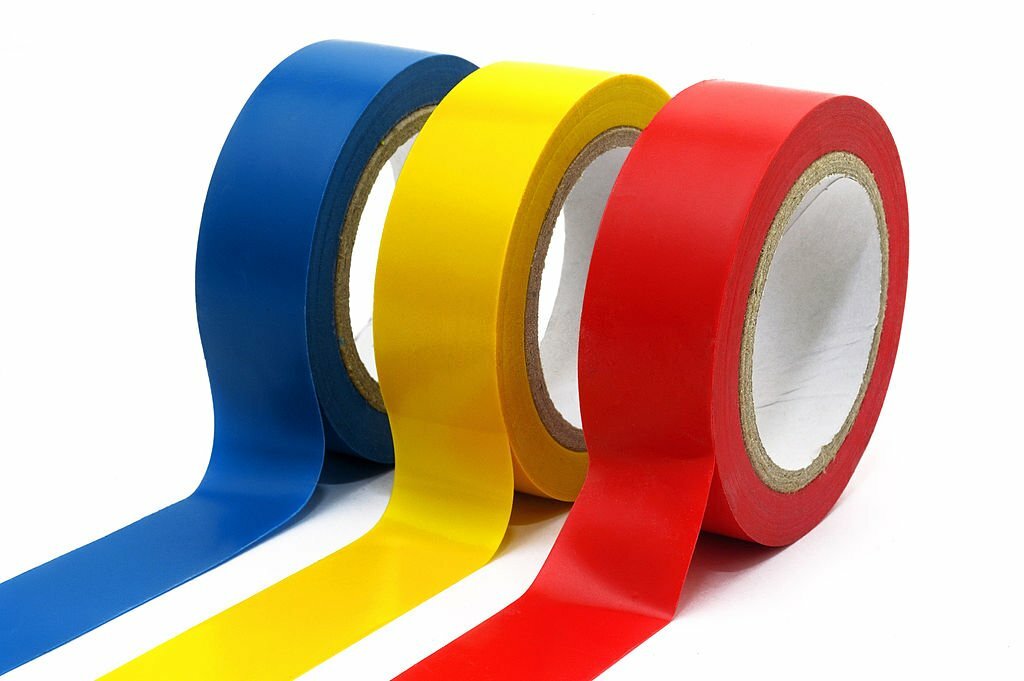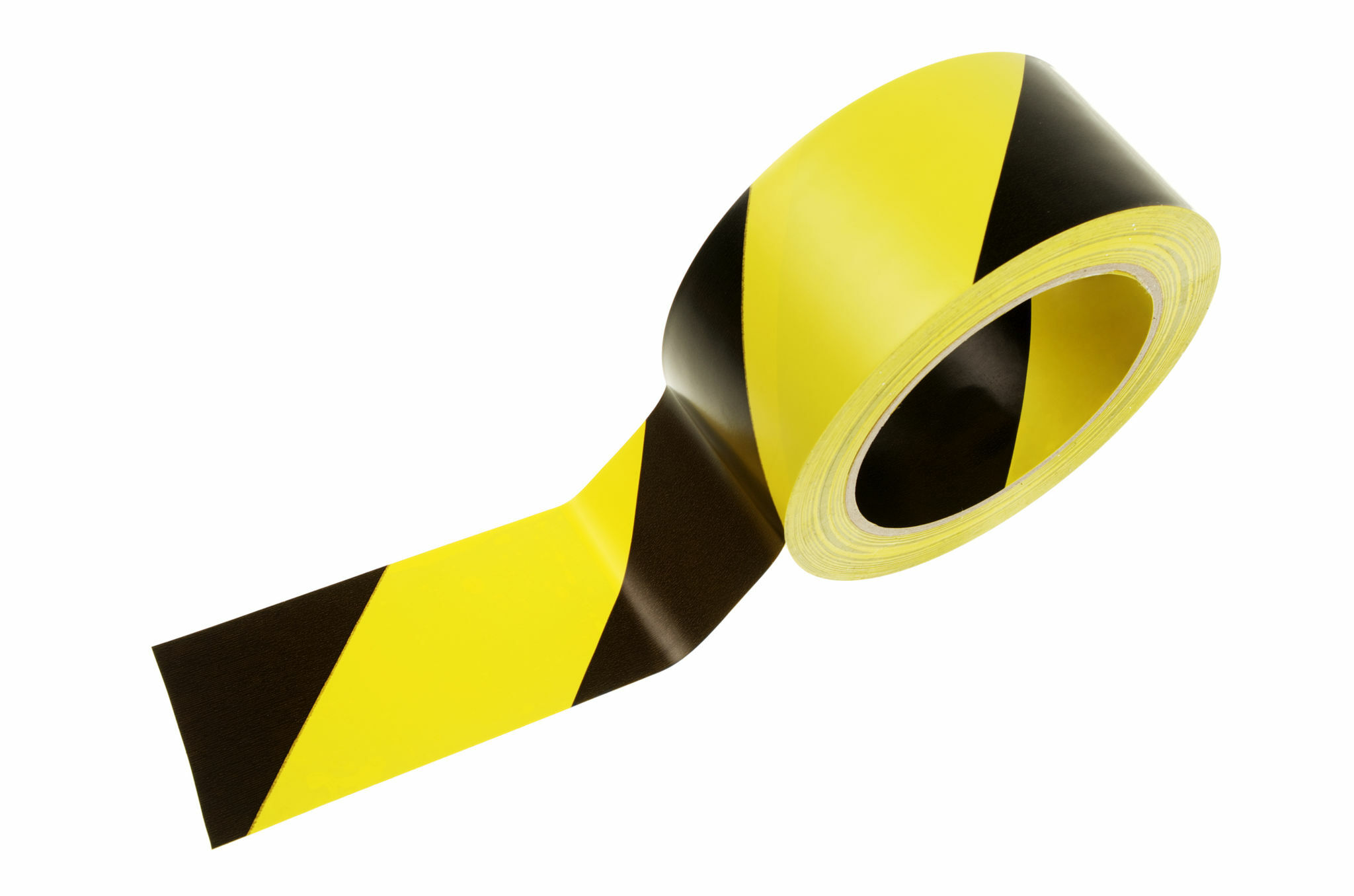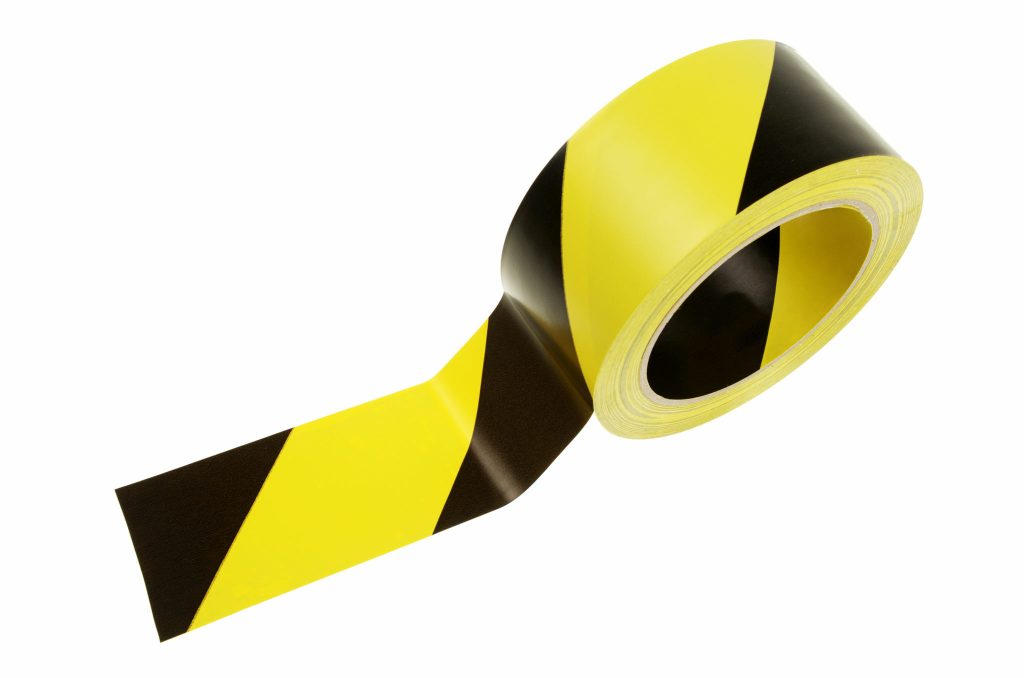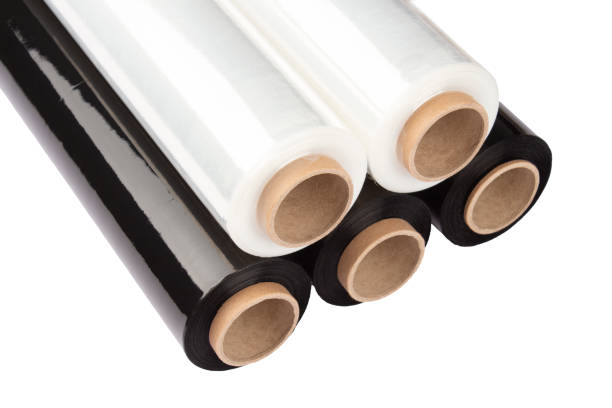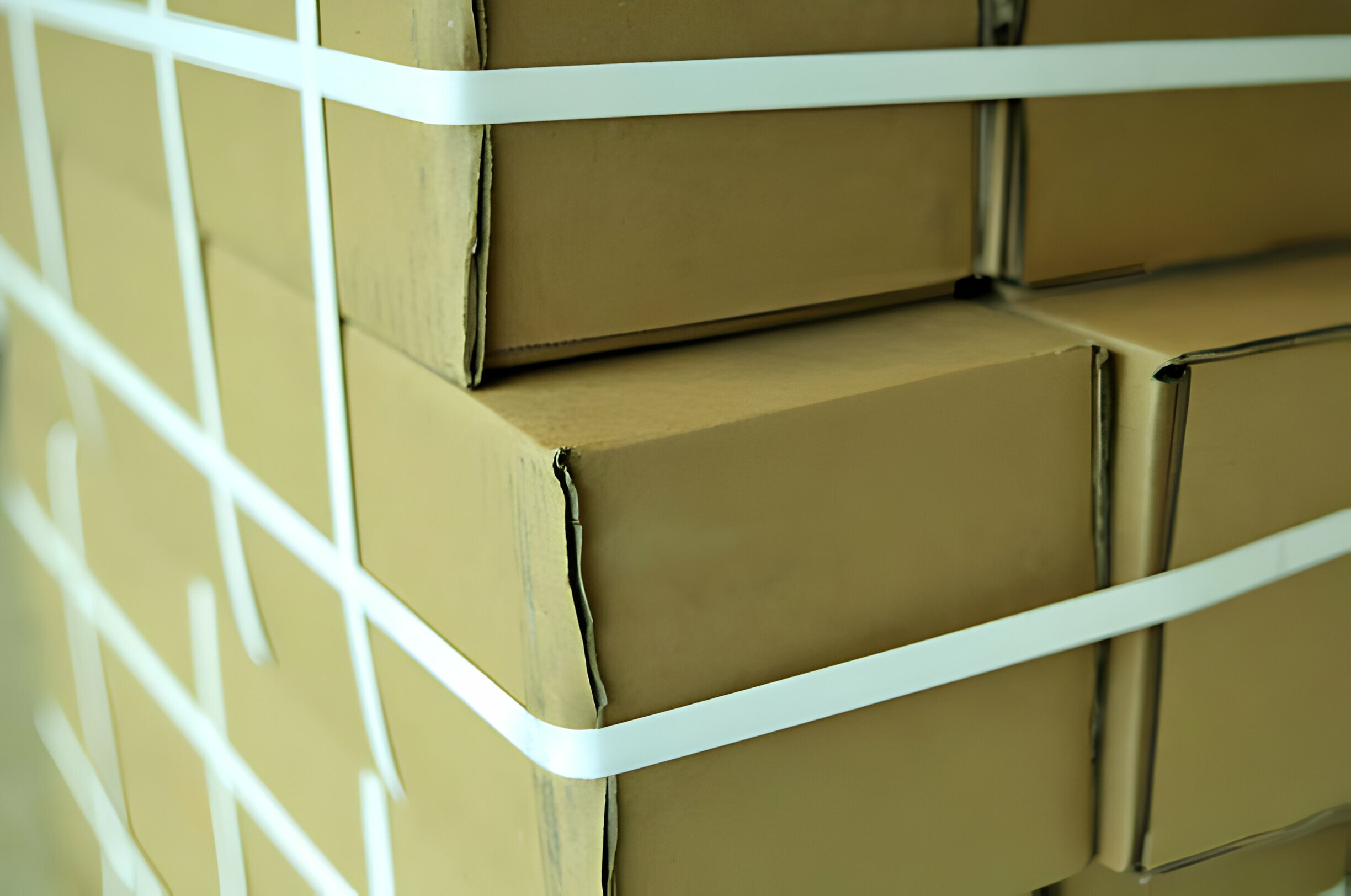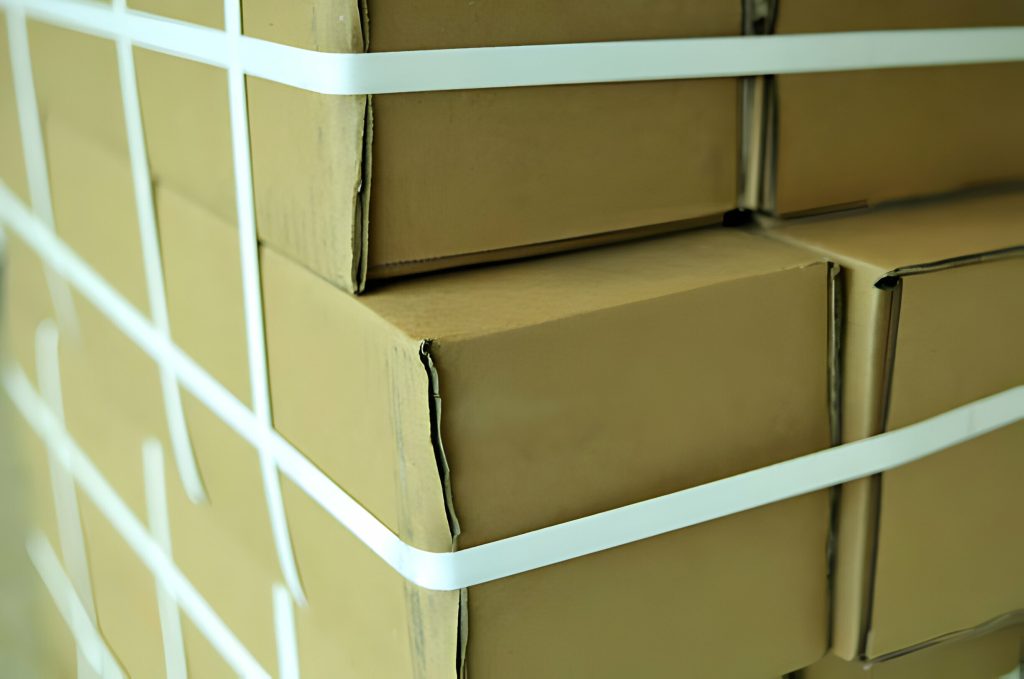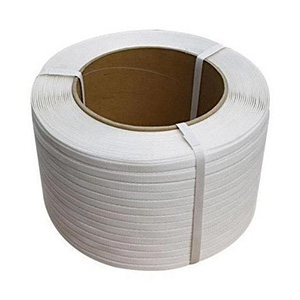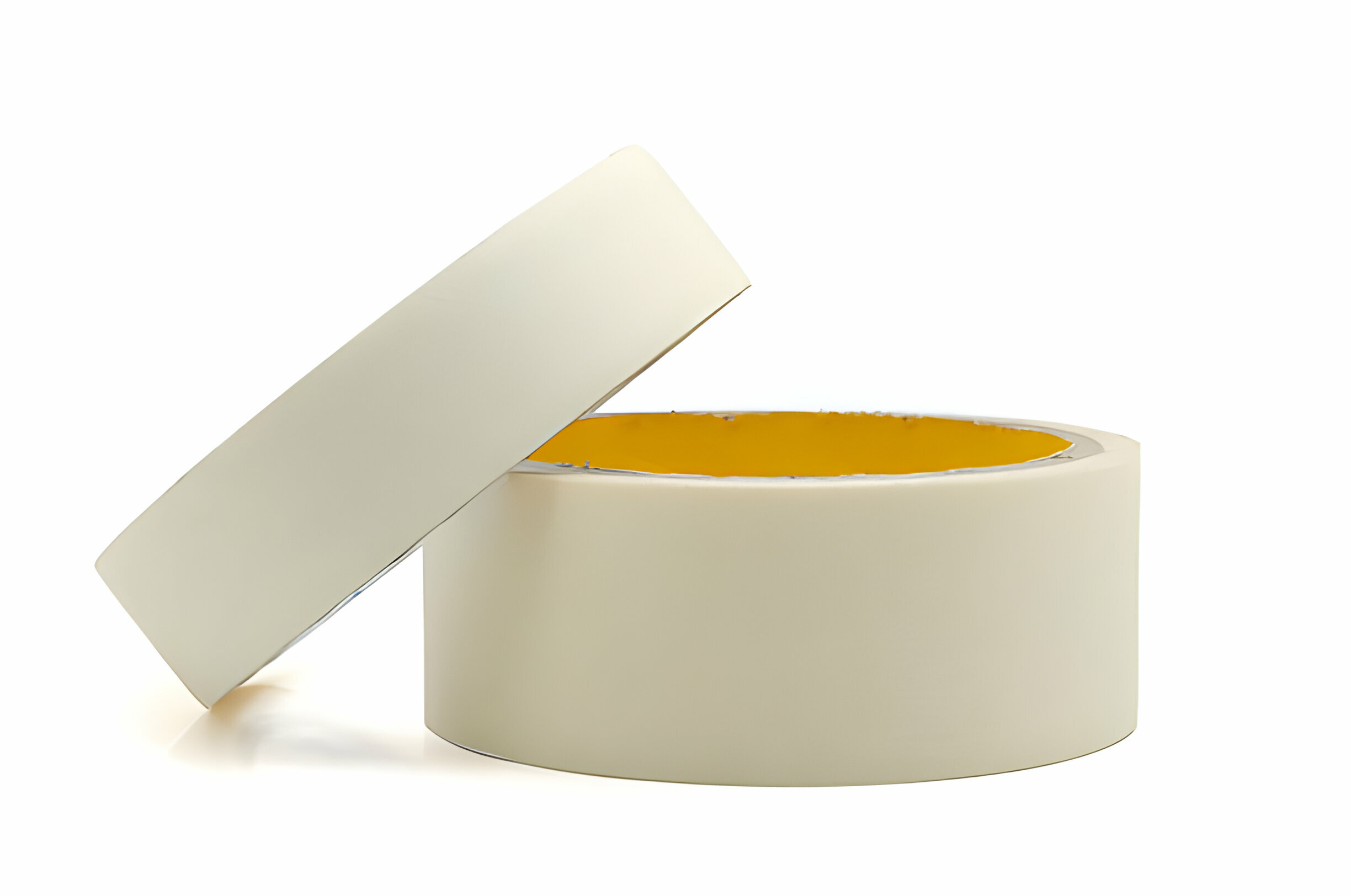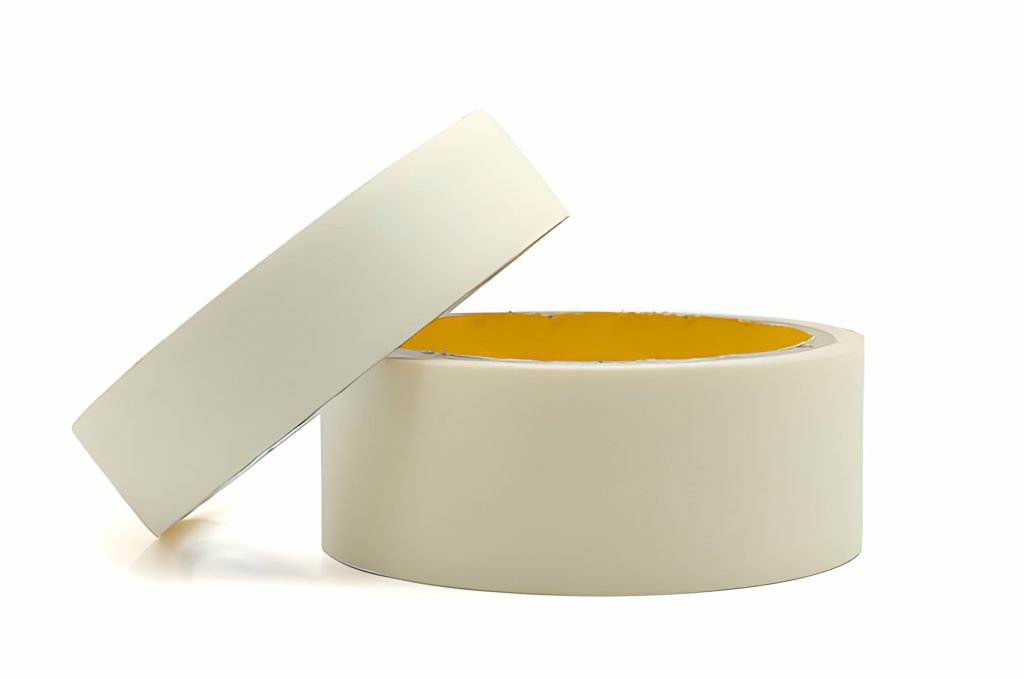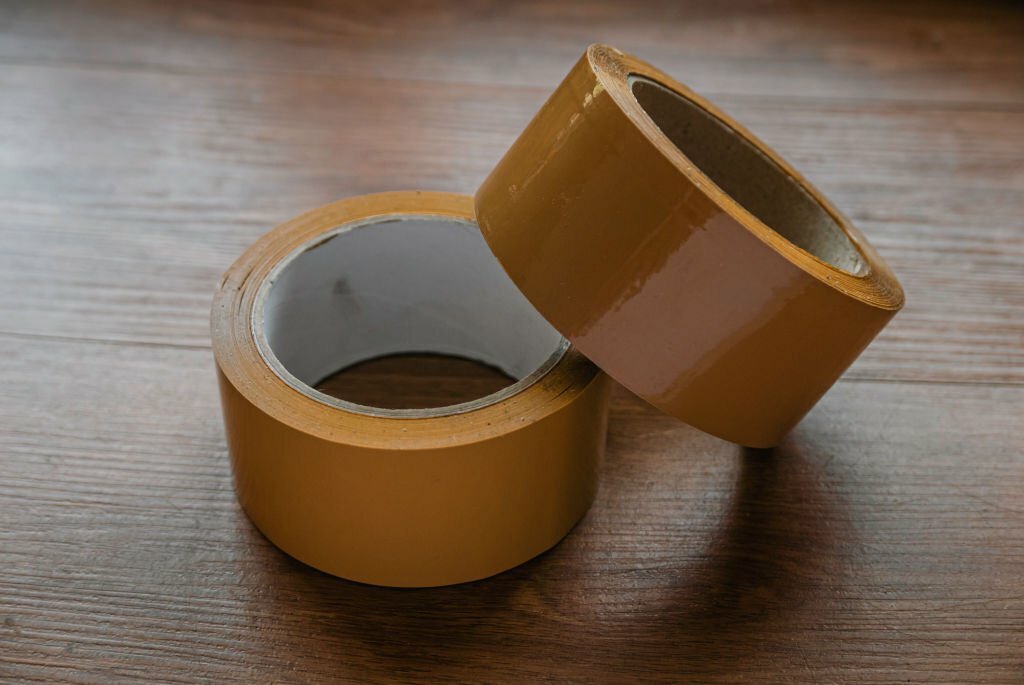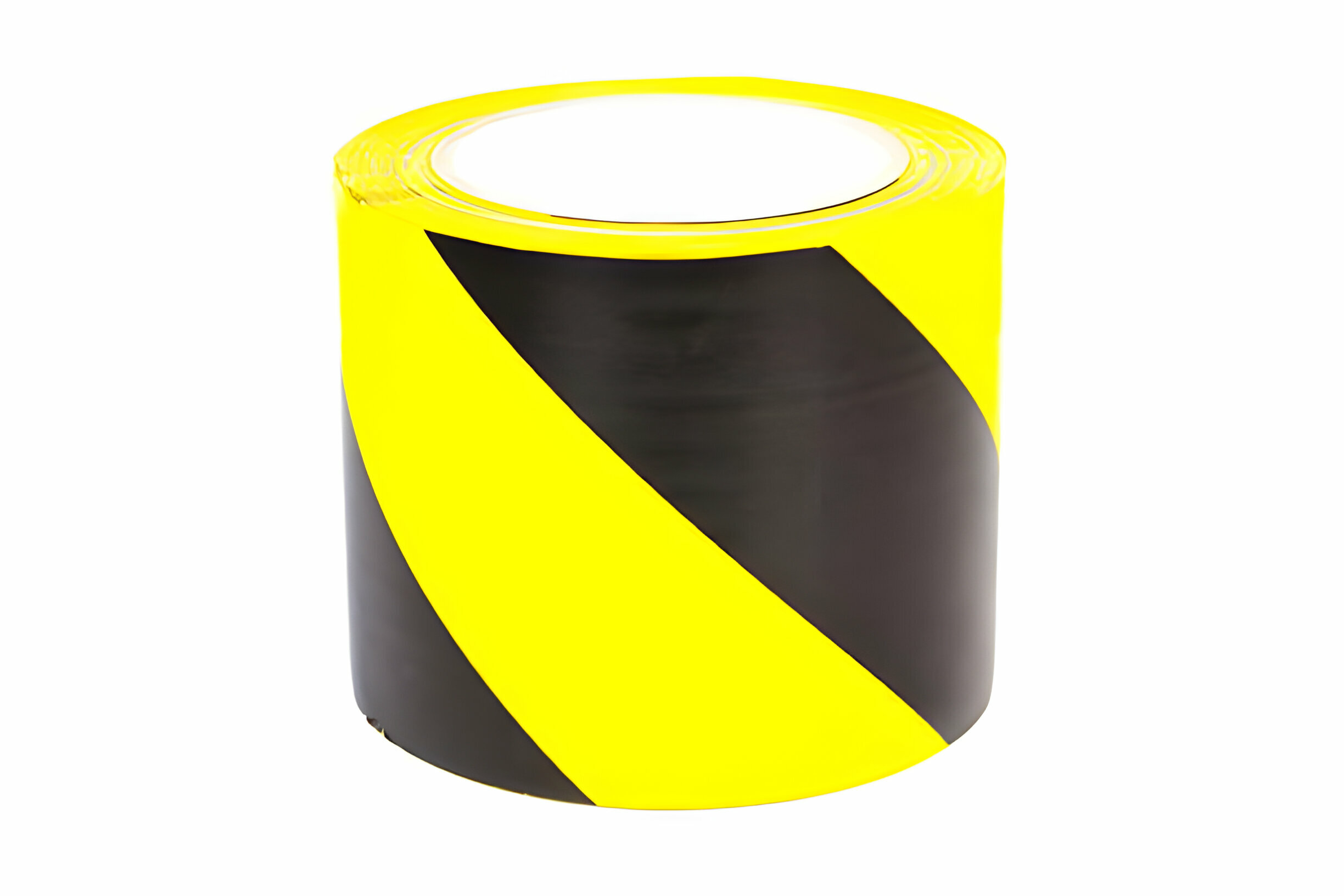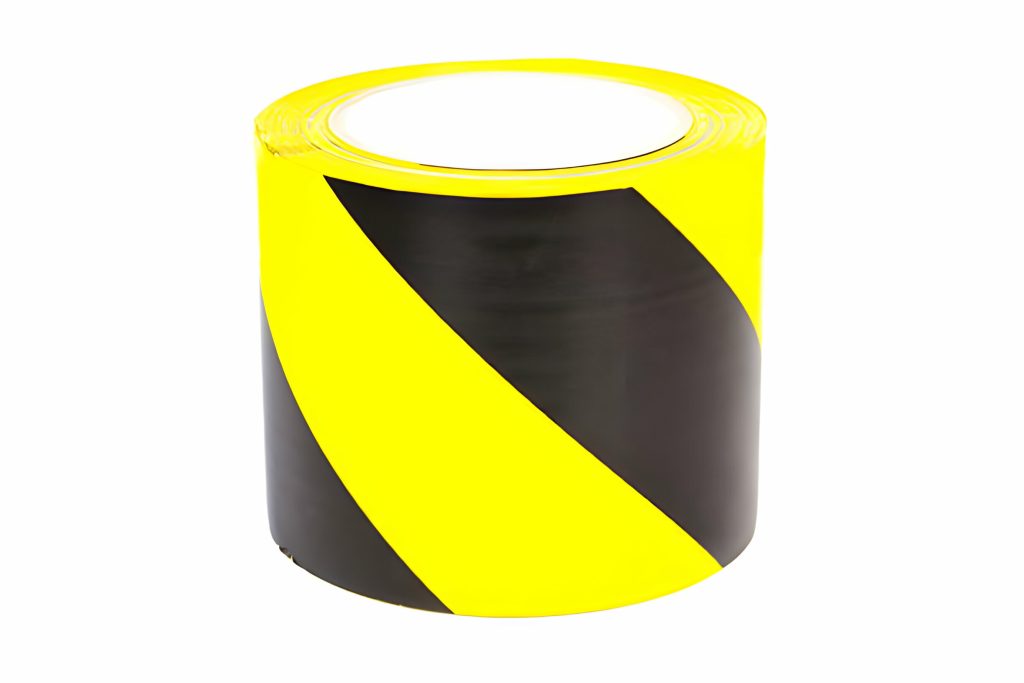Modern business houses require reliable solutions in packaging and sealing, and in this fast world, cello tape seems to be a staple that is versatile for both commercial and residential customers. Variations of the product range—from packaging to crafts—have boosted the demand for quality cello tapes. This blog examines the top cello tape manufacturers, with a specific focus on Flexibond Tapes—the leading packing cello tape manufacturer in Gujarat and an important one in the list of top 10 cello tape manufacturers in India.
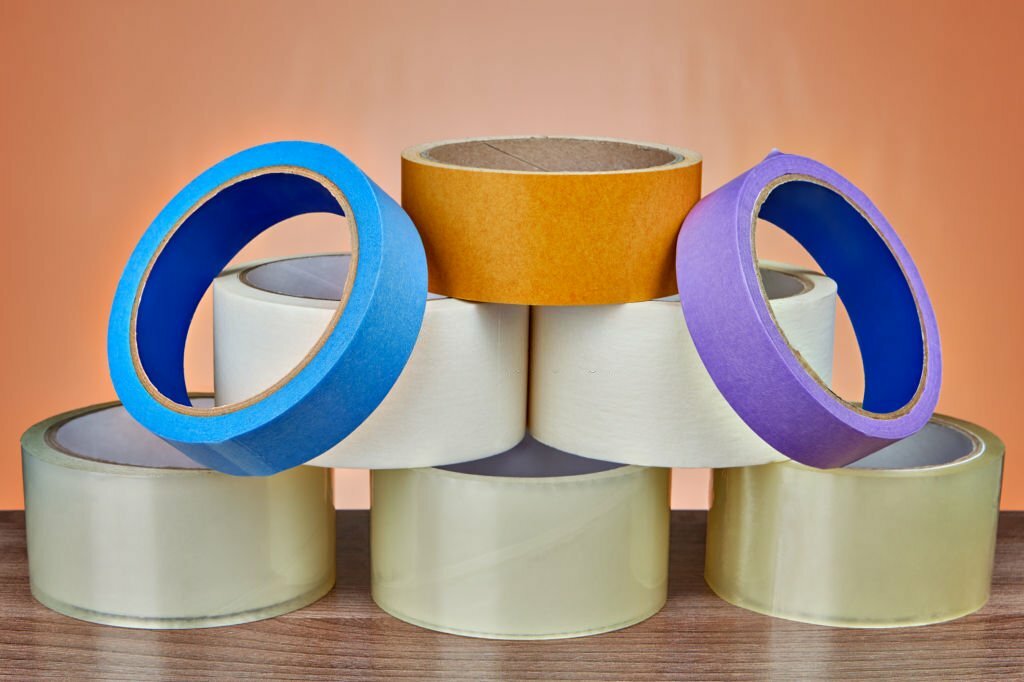
About Cello Tape
It is also called transparent tape or Scotch tape, a versatile adhesive tape created from a thin film that appears to be transparent and coated with an adhesive on one side. Because of its unique features which include strong adhesion and flexibility with resistance to tearing, there are many applications wherein it might come in handy. In everyday tasks such as gift wrapping, or in industrial use as in sealing packages, cello tape has become absolutely indispensable.
Role of Cello Tape Manufacturers
The role of manufacturers becomes significant when the demand for cello tape is increasing. The manufacturers churn out quality products to cater to the diverse needs of the consumer. In this respect, the Gujarat-based cello tape manufacturers are very significant due to their contribution to both local and national markets.
Among them, Flexibond Tapes shines like a torch. With its headquarters in Gujarat as a printed cello tape manufacturer in Gujarat, the company has gained the name and credential for greatness with perfect solutions serving a range of industries.
Why Flexible?
Quality Assurance
Of course, the main reason why businesses opt for Flexibond Tapes is its quality value. The company adheres to strict measures of quality control at every stage of manufacture. It tests each and every roll of tape before releasing it into the market so that it matches the industrial standards. This approach to quality has made Flexibond a household name in cello tape manufacturers in Gujarat.
Innovation and Variety
Flexibond Tapes has a fantastic variety of cello tapes from printed to add flair and be used for marketing purposes. Their innovation is sure to ensure all the needs of customers are met to their satisfaction. Flexibond provides the largest collection of customized, printed designs as well as standard packing cello tape. In fact, versatility is a feature of very few of Flexibond’s competitors.
Competitive Pricing
Besides quality and variety, a significant competitive advantage is also concerning the pricing of Flexibond Tapes. Being a Gujarat-based manufacturing company for packing cello tape, they must know that an affordable product would be highly valued by businesses seeking to maximize their packaging with no compromise on quality.
On-time Delivery
Business time is gold. In the features of Flexibond Tapes boasting of great pride is its on-time delivery. They would be thinking of businesses relying so much on their products so that it could keep moving and any delay can close its door to them. As part of customer service satisfaction, it works out so efficiently when they process and guarantee their timely delivery orders.
Customer-Centric Approach
Flexibond Tapes wants its customers to be close friends, with an individualized approach for each of them, starting from the selection of the product to post-sales service. This has helped the company win great customer loyalty and position as a leading manufacturer of cello tape in Gujarat.
Cello Tape: Impact Area
Different industries have used cello tape in their operations, such as:
- E-commerce: Packages should be delivered to the customers, with no spoilage, due to the fast trend of e-commerce. Packing boxes should be sealed with cello tape to ensure there’s no damage in the box.
- Hobbies and DIY Projects: Cello tape is a favorite among crafters and hobbyists as it is highly versatile in bonding different materials easily; therefore, it goes well in creative activities.
Top Competitors
While Flexibond Tapes is, no doubt, the former as far as businesses are concerned among the cello tape manufacturers in Gujarat, knowing the competition brings things into perspective. Among the top 10 cello tape manufacturer in India company, there are a plethora of companies for quality products and innovative solutions as such. This competition has been in the industry for decades—adapting to the market demands and technological innovations.
Conclusion
In conclusion, cello tape proves to hold a significant value in residential and commercial applications. As one of the leaders in the production of packing cello tape in Gujarat, Flexibond Tapes has proven to be a trusted business ally to businesses seeking quality and innovation. Through excellence, competitive pricing, and customer-centric practices, Flexibond Tapes have out-stood competition in the spectrum of this industry.
Flexibond Tapes is one of the most reliable printed cello tape manufacturers in Gujarat. It values quality and believes in high standards. Thus, it strives hard to be one of the great names among the top 10 cello tape manufacturers in India, and to gain trust for customer support and quality.
